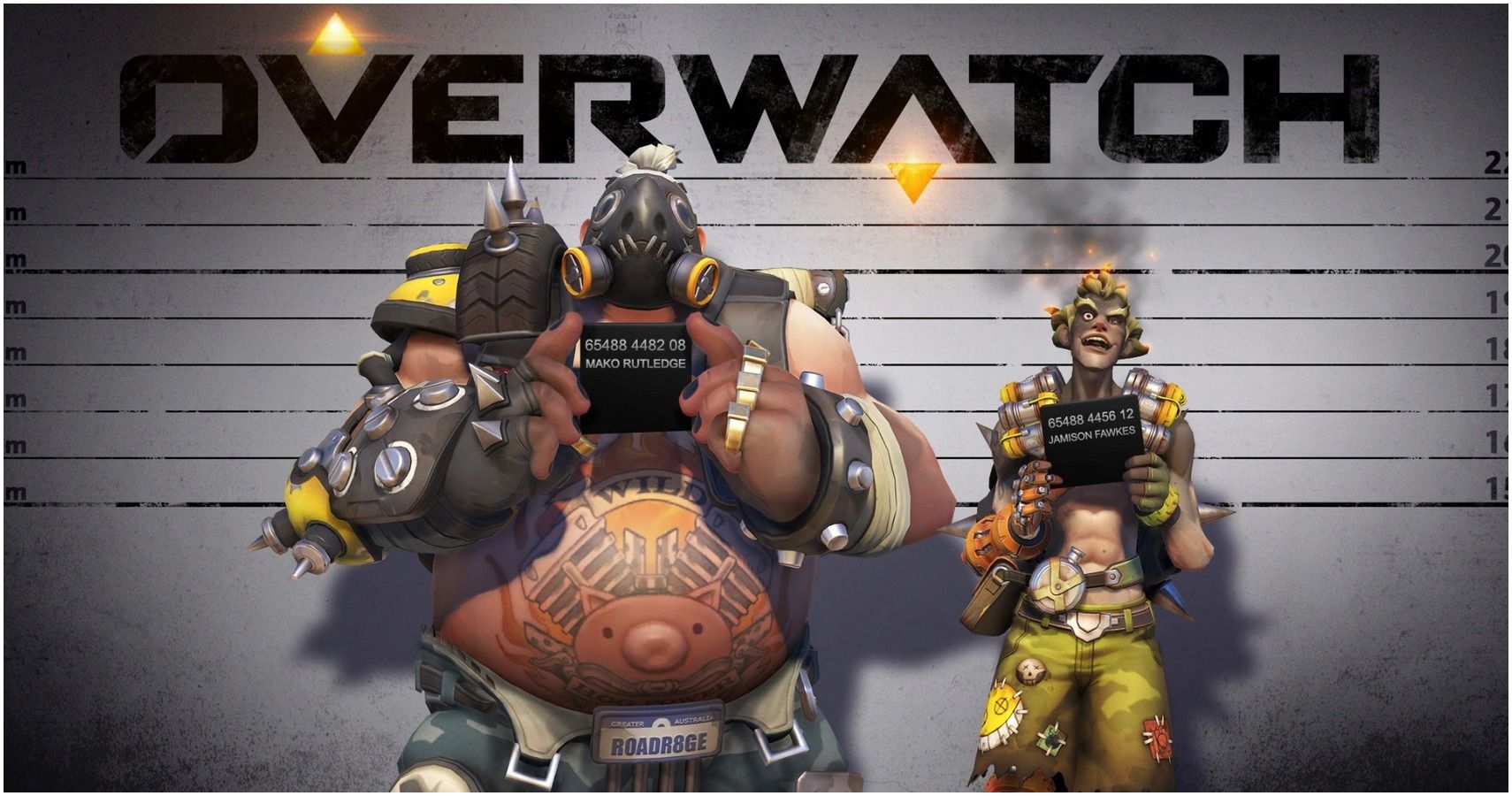South Korea is going hard on video game hacking, as the Icheon District Court just sentenced a man to one year in prison for selling illegal programs. This case is of note because the hacker in question collected quite a large amount of money for distributing thousands of aim assistance programs to Overwatch players. However, it's but one of many arrests made this year thanks to a collaboration between Overwatch developer Blizzard and the South Korean police.
The unnamed hacker, a 28-year-old man, got about $180,000 from selling his programs, Dot eSports reports. Such activities are in direct violation of South Korea's Game Industry Promotion Law and Information and Communication Technology Protection Law, earning the man a suspended one-year prison sentence and a two-year probation.
RELATED: BLIZZARD HAS PATENTED "PLAY OF THE GAME"
To compare, two other hackers who were arrested and given sentences this year only got one punishment each. One was given the two-year probation while the other faced $10,000 in fines. The difference is that this particular hacker collected such a great profit and distributed so many illegal programs that the punishment needs to reflect the severity of the crime. It needs to send a message.
Such a message is no doubt welcome in both Overwatch and South Korea, where video game cheaters run abound. Blizzard bans large amounts of cheating Overwatch players, but the problem still infects the game to the point that even pros have been caught engaging in questionable activity. To combat this, Blizzard works closely with the Seoul National Police Agency's cyber division to catch hackers. Their biggest target is gaming cafés, where hackers use public computers to do their business without being tracked. Blizzard's answer to this is to require a Korean social security number to play Overwatch on a public computer without a license.
The problem probably isn't going away anytime soon, but the arrest of such a major hacker is certainly a win. Both Blizzard and the Seoul police can hold this up as an example of how they're cracking down on cheating. Of course, the hackers will eventually adopt new tactics to distribute their illicit programs. What's the solution? Well, people could stop buying these programs for a start.


